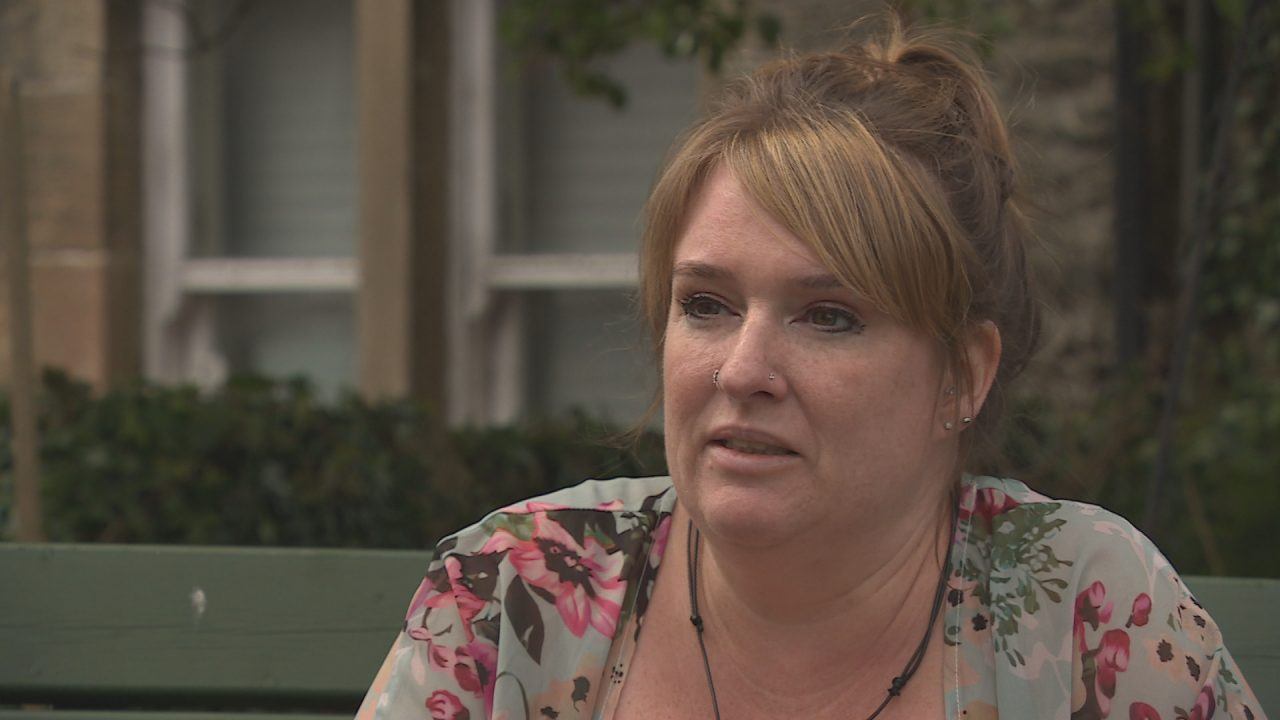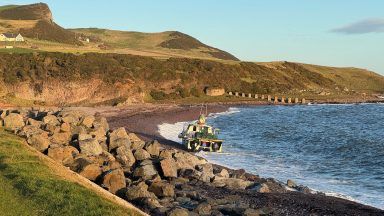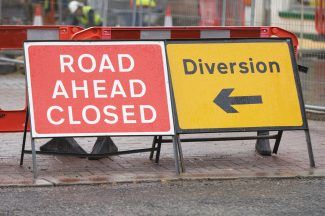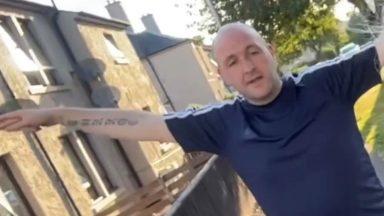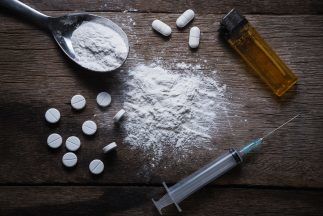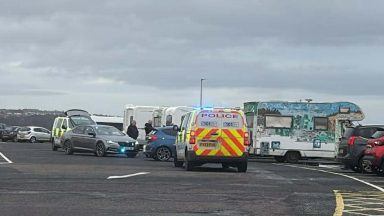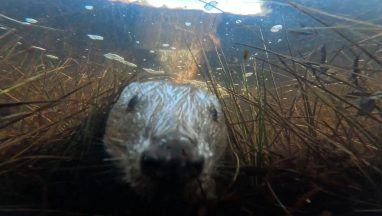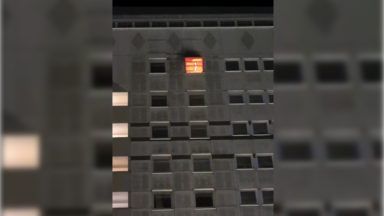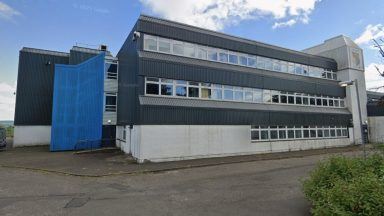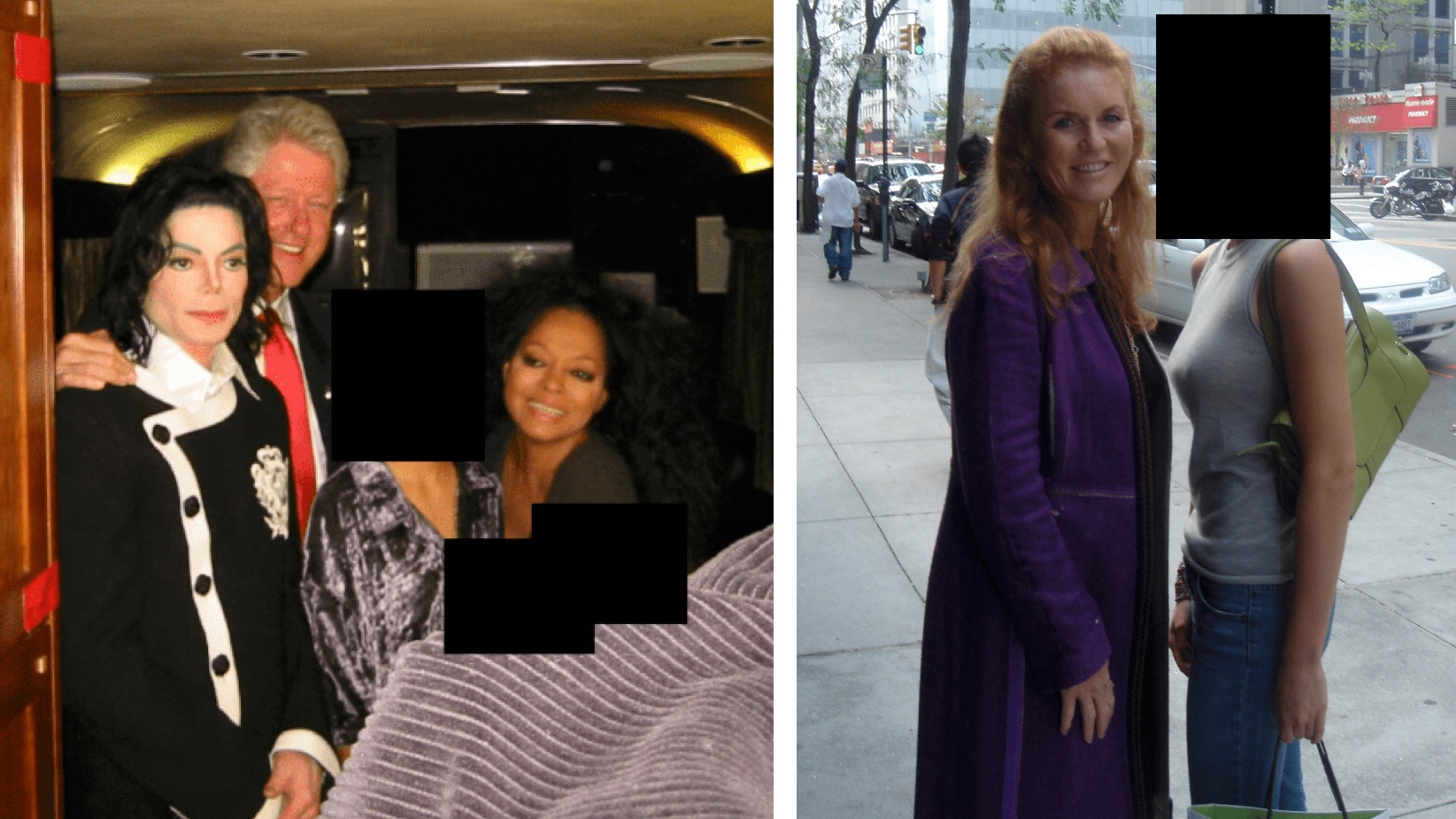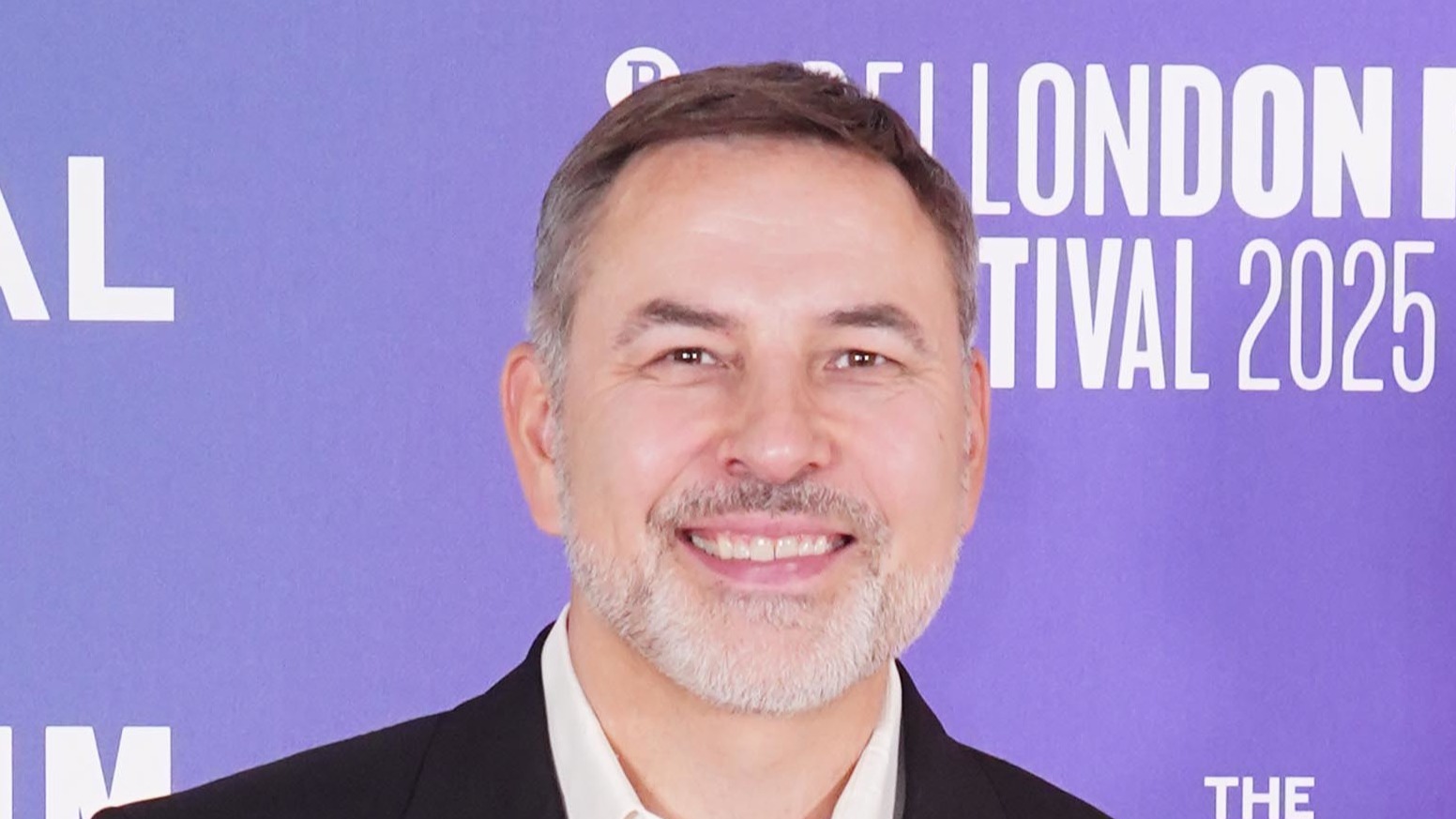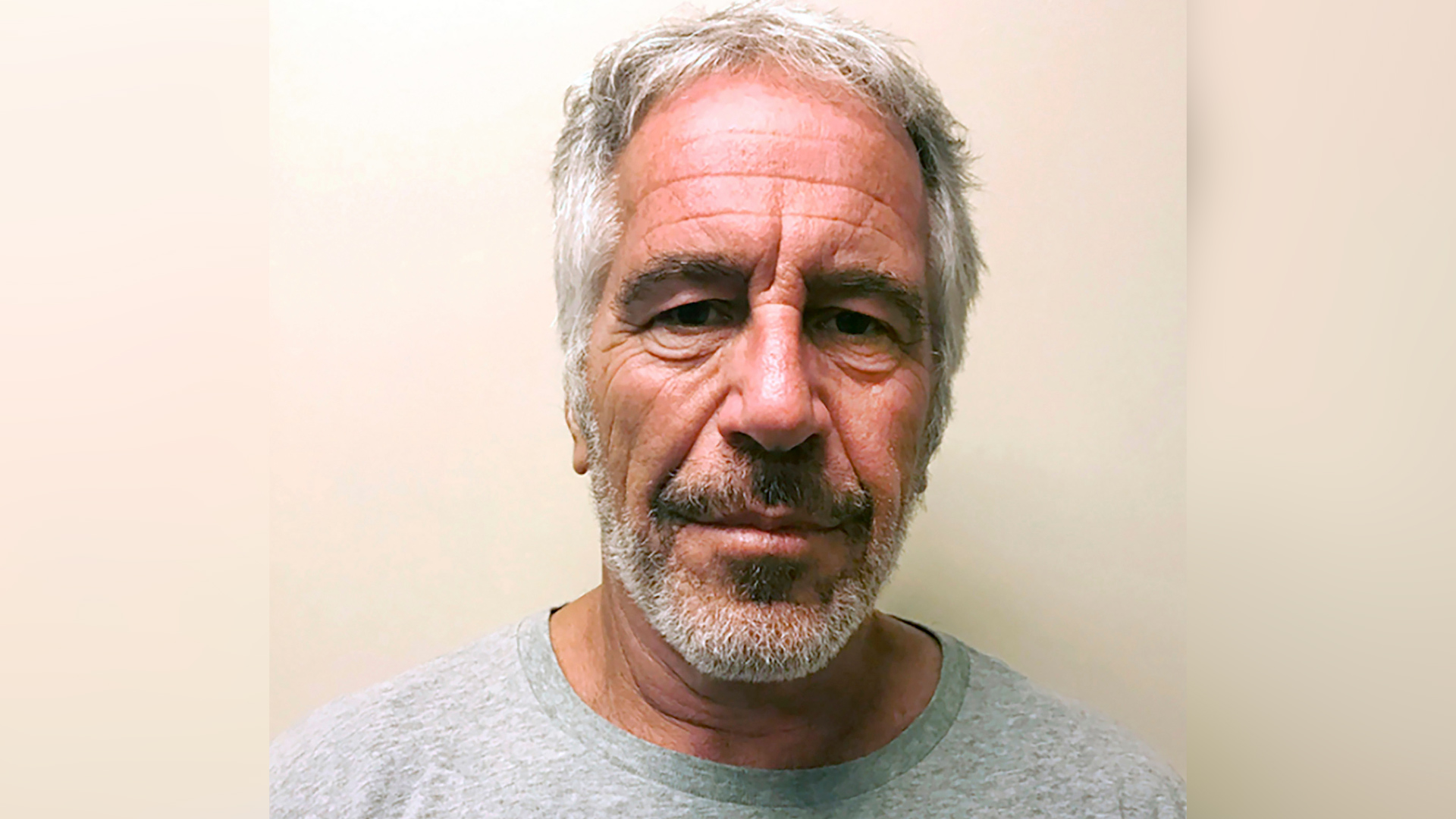Some of Madeleine Downs’ earliest memories involve drink.
Her dad was portrayed as a happy drunk – eccentric and quirky – and she began drinking herself when she was just 14-years-old.
Madeleine believed she was in control of her life as she moved into adulthood, but having children made her realise she was hiding an addiction that would start to consume her life.
She told STV News: “There were things that the kids missed out on. I made them promises about taking them to places, then the next day I would be too hungover to take them.
“The holidays we had were rubbish because I never had money to pay for a decent holiday. I would be rushing down to where we were staying, looking around to see where I could buy alcohol from the minute I got there.
“Things like parents’ evening are always in the evening and I hated it. I hated that they drank into my drinking time. So I would have to finish work, stay sober, drive and then come home to drink.”
Madeleine was speaking ahead of Tuesday’s publication of Scotland’s latest alcohol-related death statistics.
Experts have warned that Scotland’s attitude to alcohol has produced a nation of drinkers who don’t realise they’re on the road to addiction.
They say more and more people are casually drinking way beyond the weekly recommended limit – while continuing to work, socialise and live normal lives.
Sometimes Madeleine would drink every night. Other times, she would go days without reaching for the bottle.
But masking her drinking became a priority, as did making up excuses to cover her tracks.
She said: “You kind of excuse behaviour like, ‘Oh, well, I did that because, you know, I’d had a really bad day at work’, or, ‘the kids behaviour has been really, really crappy and that’s why I’ve had a drink’, or ‘I need to relax’.
“If I had something to celebrate, I’d binge. If something terrible came up I’d binge, if I was bored I’d binge, if I was sad I’d binge. I didn’t need an excuse to to do it. I just did it.”
Things came to a head last year when Madeleine was arrested for being drunk and her children saw everything.
“That was like a lightbulb moment that wow, you know, I’ve got a massive, massive problem and I haven’t had a drink since then,” she said.
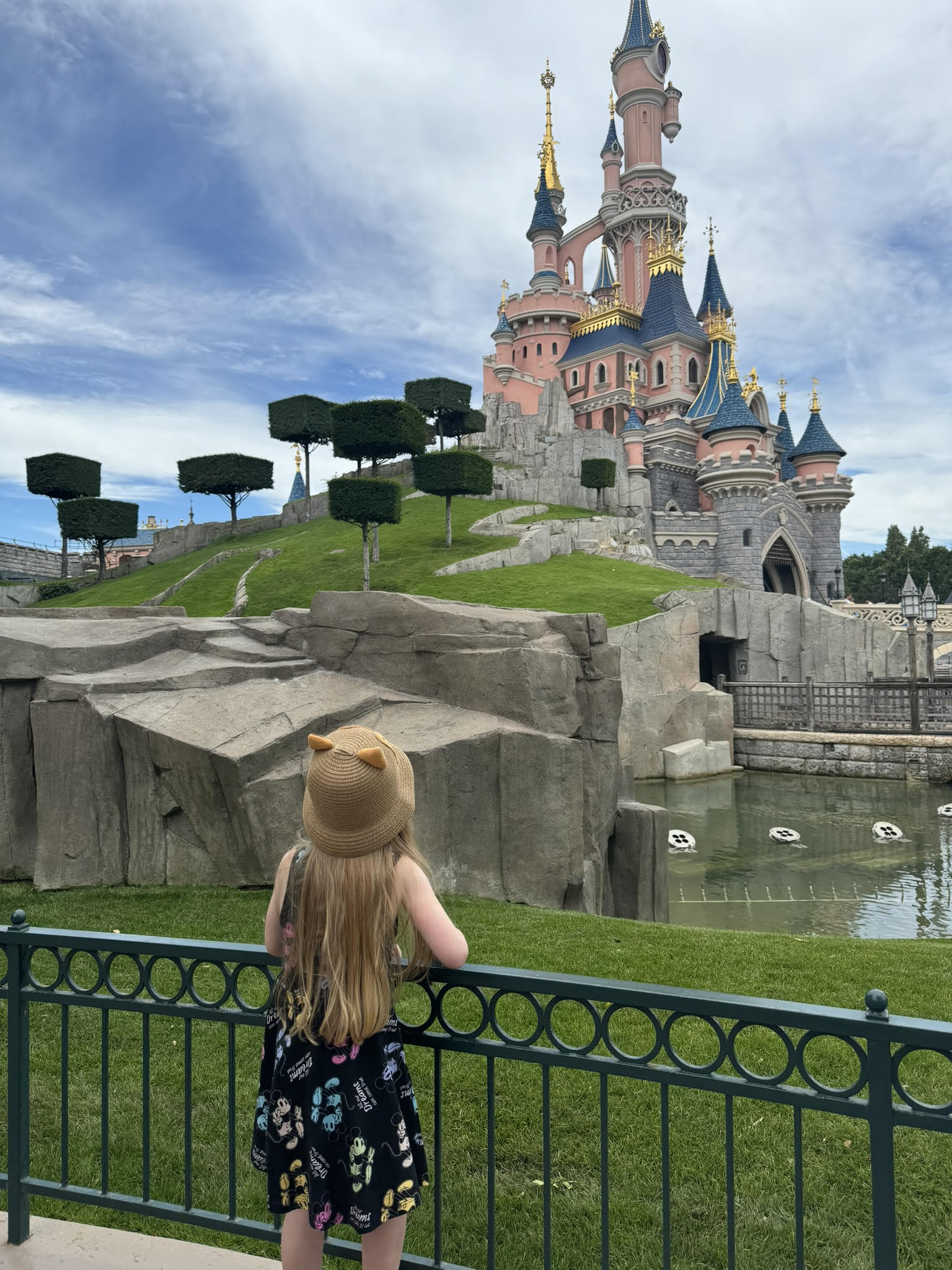 Contributed
ContributedMadeleine decided to confront her addiction and the stigma around it. She took to social media, posted about her drinking and asked for help.
She says a photograph of her daughter at Disney World makes it all feel worthwhile.
“I would never have had the money, the patience, or the strength to take my family to Disneyland Paris when I was in active addiction,” she said.
“This is what I look at whenever I doubt whether it’s worth it.”
Madeleine now visits a sober support group in Dunoon. She says its opened her eyes to the number of people hiding their addiction in plain sight.
“An alcoholic isn’t just someone who is the one staggering about in the pub being a pain. It could be a single parent. It could be two people in a marriage,” she said.
“It could be people with good jobs, menial jobs. Just because you’re good at masking and functioning while you’ve got an addiction doesn’t mean that you don’t have to deal with it.
“There are people who need to be pointed and there are some people who need daily, six-hourly or hourly check-ins right at the very beginning and if they’re not going to get that, they’re going to relapse and they’re never going to get to where they want to be.”
Madeleine’s ongoing recovery shows that rehabilitation can work.
The fear among experts is a rise in problem and excessive drinking, coupled with a lack of suitable recovery services, means Tuesday’s alcohol-related death statistics will make for grim reading.
Help and support is available now if you need it. Details of services available can be found at stv.tv/advice
Follow STV News on WhatsApp
Scan the QR code on your mobile device for all the latest news from around the country


